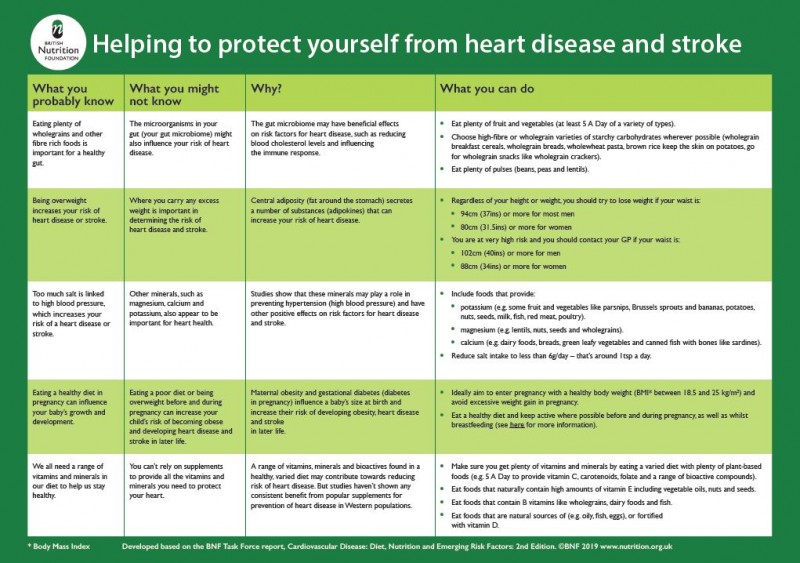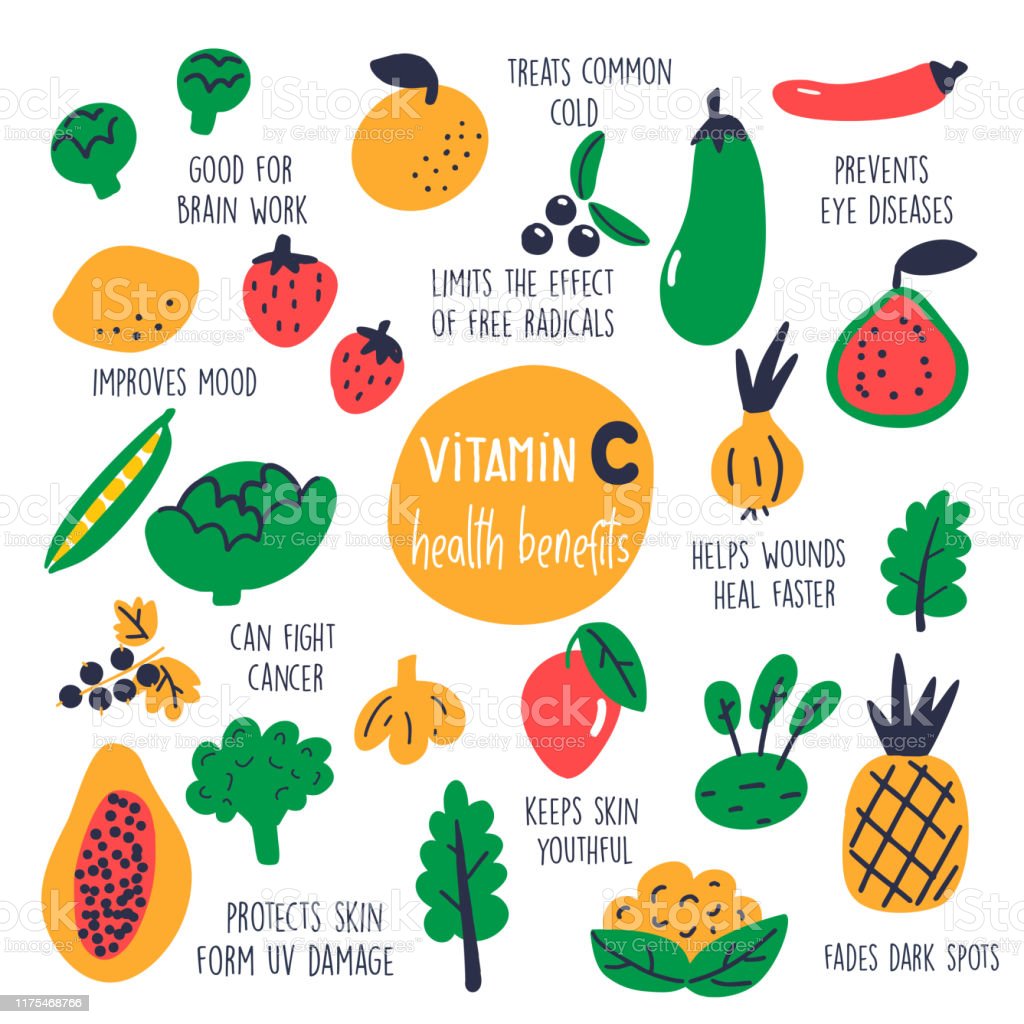
Mediterranean diets are lifestyle changes that help you lose weight and keep your heart healthy. It has more than a dozen ingredients that are good to the heart and helps you live a longer, healthier life. These foods are high in calories but they're among the most healthy on the planet. The best part? You can eat as much of this diet as you like, just make sure you are eating in the right amounts.
The Mediterranean diet is based in the idea that eating a variety is better for your heart health. This diet is rich in fruits and vegetables as well as healthy fats. Red wine and poultry are still allowed. The diet encourages eating whole foods rich in nutrients and limiting added sugars and sodium. It's a healthy way to eat and promotes a healthy lifestyle.

While the Mediterranean diet contains small amounts of red meat, it also contains small amounts of nuts and eggs. Research shows that eating these foods can lower your risk of heart disease by as much as 30%. The Mediterranean diet has other benefits, including a lower incidence of stroke, heart attack, and dementia. You can also find many other benefits by reading this Mediterranean diet review. You can also create a new lifestyle by incorporating these foods into your everyday life.
The American Heart Association reviewed Mediterranean diets and found that they have many benefits for health. It reduces the risk of hypertension and ischemic heart disease, and is particularly good for diabetics. But, not everyone can benefit from the Mediterranean diet. Women should consume no more than one 5-ounce glass of wine per day. Men should consume up to two glasses. Moderate dairy intake is another benefit of the Mediterranean diet. It is a high fiber diet with plenty of nutrients and fiber.
The Mediterranean diet has another benefit: it is high in fiber. Wholegrains provide more nutrition and fiber than white bread. The Mediterranean diet is low on fat but high in monounsaturated oil. It is less likely to cause heart disease. It is also lower in saturated fat and trans fat. In addition, a Mediterranean diet is rich in antioxidants.

The Mediterranean diet is high in antioxidants. Studies have shown that it lowers the likelihood of Alzheimer's disease, stroke and dementia. Its antioxidants protect against harmful free radicals. It has been proven that antioxidants found in the Mediterranean diet can protect the body from oxidative damages caused by free radicals. These antioxidants have been linked to lower rates of certain types and cancers, as well as a reduced risk of developing cardiovascular disease. This Mediterranean diet review will discuss how to make the most of the Mediterranean diet for diabetes.
FAQ
How To Lose Belly Fat Fast
There are many ways to quickly reduce belly fat. One way to reduce belly fat fast is to eat less food, and drink lots of fluids.
Running and swimming are two other ways to boost your metabolism.
You should avoid sitting for too long if you want to quickly lose belly fat. Instead, get up and move around throughout the day. This will help you burn more calories.
There is an alternative option if you've tried all of these options and still have trouble losing belly fat.
This is done by using a device called the belt. The belt works by tightening around your waist when you sit down.
It will cause you to feel uneasy and make it difficult for you to move. This forces you to burn more calories and reduces your belly fat.
Is it true that kidney stones can be caused by overeating protein?
Protein is important for maintaining healthy bones and tissue. Over-consuming protein can result in calcium being excreted through the kidneys. This can cause kidney stones.
Not everyone who eats more than 2g of protein per kilogram (2.2 lbs) of bodyweight will get kidney stones. People can eat large amounts of protein and not get kidney stones.
You can prevent kidney stones by watching your sodium consumption. Sodium regulates the water balance of the kidneys. Too much sodium can lead to kidney stones.
If you have kidney stones, you can reduce your intake of protein. About half of adults' daily caloric intake is made up of protein. You'll lose weight if you reduce your intake of protein.
If you do decide to eat more protein, don't go overboard. Try to eat less than 20% protein in total calories.
Can I go to a gym 7 days per week?
Yes, you could go to the gym seven days per semaine but not all at one time. It is important to find a time and place where you can exercise without feeling tired or exhausted.
This will keep you motivated and provide energy for other activities.
You must also ensure that you eat enough during these times. This will make it so you don't feel tired or sluggish while going to the gym.
You must ensure that you don't have any other competing demands on your time. You might want to avoid working out on school nights if you have kids. They can distract you from your exercise routine.
Do I have to exercise every single day?
No! You should do at least 30 mins of moderate-intensity activity 5 days per week. That could mean walking fast enough for you to get slightly out of breath and biking hard enough for you to sweat.
Statistics
- Are You One of the 20% of Guys (mh.co.za)
- An estimated calorie range for moderately active adult males falls between 2,200 to 2,800 calories per day, depending on age. (eatright.org)
- The PRS enabled risk stratification for overall prostate cancer and lethal disease with a four-fold difference between men in the highest and lowest quartiles (HR, 4.32; 95% confidence interval [CI], 3.16-5.89). (pubmed.ncbi.nlm.nih.gov)
- Cardmembers earn 5% Back at Amazon.com with a Prime Credit Card. (amazon.com)
- According to the American Heart Association, blood pressure should be checked at least once every two years, beginning at age 20. (my.clevelandclinic.org)
External Links
How To
How can I burn fat while exercising?
Exercise reduces calories by increasing metabolism, and oxygen consumption.
Moderate intensity exercise is a safe way to lose weight.
These are some tips to help you lose fat while working out:
-
Cardio exercises can include running, walking, swimming or cycling.
-
Do 30 minutes of exercise three times a week.
-
Add strength training to your workouts if you are looking to lose more weight.
-
Avoid intense workouts. It's possible to build muscle, but not lose it.
-
Drink plenty of water during exercise. Water helps flush out toxins and keep your body properly hydrated.
-
Choose low-fat protein shakes after working out. Protein shakes can help boost energy and repair muscles.
-
You can eat smaller meals throughout the day so that you don't feel hungry in between meals.
-
Don't skip breakfast! You can feel tired and slow if you skip breakfast.
-
Take care of your mind. Stressful situations may slow down your metabolism.
-
Keep a positive attitude. Research shows that overweight people gain more weight if they believe they are overweight than those who believe they look good.
-
Get enough sleep. Lack of sleep makes it harder to burn fat.
-
Keep active. Make sure you get up and move every hour.
-
Maintain a healthy diet. Eating right keeps you feeling full and satisfied longer.
-
Find ways to relax. A tense mind doesn't allow your body to release stress hormones that break down muscle tissue.
A balanced diet will provide all nutrients that are necessary for growth.
Eat six small meals each day instead of three large ones. This gives your body the time it needs to process what you've eat.
You need about 500 milligrams of calcium daily to maintain strong bones. Calcium can be found in dairy products such as yogurt, fortified soybean beverages, orange juice, cereals, bread, and cereals.
Calcium comes from leafy green vegetables, beans, tofu, nuts, seeds, and cheese.
Vitamin D is necessary for the body to absorb calcium. Vitamin D is found in eggs yolk, fatty fish and fortified foods.
Vitamin E is important for skin health. Vitamin E is found in vegetable oils and wheat germ oil, as well as peanuts, almonds and sunflower seeds.
Your body needs zinc for normal immunity function and wound healing. Zinc is found in oysters, legumes, meats, whole grains, and seafood.
Zinc deficiency can cause fatigue, loss of appetite, depression, and impaired immunity.
Too much sugar leads to insulin resistance. This results in higher blood glucose levels. Insulin resistance leads to weight gain.
Insulin resistance develops when there are high levels of free radicals in the bloodstream. Free radicals refer to molecules that contain unpaired electrons. They can damage cell membranes and other body parts.
Most free radicals come from pesticides herbicides, food additives, preservatives smoking, radiation, chemical in cosmetics, lotions and household cleaning supplies.
Free radical damage can lead cancer, heart disease or diabetes, arthritis, asthma, or other forms of aging.
Eating a well-balanced diet with antioxidants is the best way to prevent free radical damage. Antioxidants protect against oxidative damage.
Vitamin C (found on citrus fruits), Beta carotene, found in carrots and sweet potatoes, spinach and broccoli, cantaloupe (found in tomatoes, mangoes and peppers), and Vitamin E (found nuts, olive oil and avocados).
Selenium, manganese (and zinc) are other antioxidant nutrients.
Selenium protects cells from free radical damage. Selenium is also found in Brazil nuts.
Copper protects eyes, brain, lungs and red cells. Copper is found in shellfishes, poultry, meat, organ meats, and other foods.
Manganese forms an essential part of bone structure. Manganese is found in brown rice, spinach, bananas, prunes, raisins, oatmeal, and lentils.
Zinc is essential for normal growth, reproduction, wound healing, and average growth. Zn is found in lean cuts of meat, white fish, poultry, and eggs.